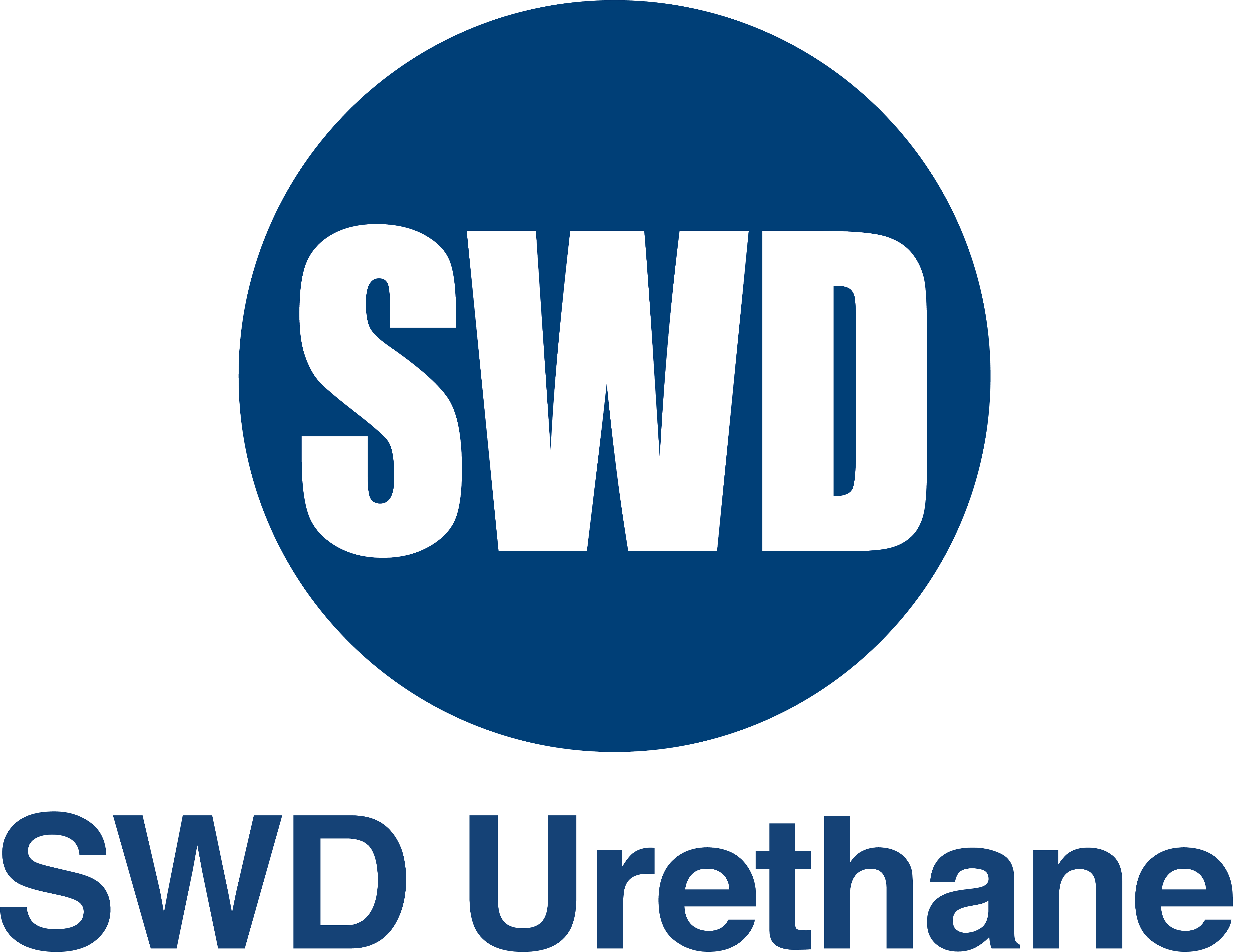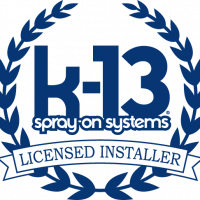Author: Ace Insulation
One of the most important parts of any home is the garage, where you will typically park your cars, store outdoor sports equipment, and other lawn care tools, and even use the space as a workshop. Due to the importance of your garage, you will want to ensure it is properly cared for and protected at all times. One of the ways that you can improve your garage is by investing in new insulation for it. There are various benefits of insulating your garage that can make it well worth the investment.
Keeps Garage and Comfortable Temperature
One of the reasons you should insulate your garage is that it can help keep it at a comfortable temperature. If you live in an area that gets very cold in the winter, your garage and all of its contents can quickly get quite cold during this time of the year. This could also mean that your car will be very cold as well when you get in it. When you have an insulated garage, it can be easier to keep it warm throughout the year.
Reduce Energy Bills
With the rising costs of gas and other energy, finding ways to reduce your bills should always be a priority. One of the benefits of insulating your garage is that it can help to reduce your costs to heat and cool your home. Whether you have HVAC units connected to your garage or not, the lack of insulation will result in the loss of heated or cooled air. When you have the right insulation, the loss of air will be less, and your utility bills will reflect it.
Protects Contents of Garage
An added benefit of having your garage insulated is that it can help to protect the contents that you store within it. Most people will store cars, outdoor yard equipment, large tools, and other items in their garages. Over the years, the variability in the temperature of the garage will start to take its toll on your belongings, which can lead to damage due to excess wear and tear. An insulated garage will not have the same fluctuations in temperature, which will help protect your car and your belongings.
Prevent Insects
The use of insulation can also help you get rid of insects and pests. Having a pest or insect infestation in your garage can be frustrating, lead to damage and mess, and even be a health and safety hazard. The right inflation today will help reduce the number of pests and insects that can get into your garage.
Insulating your garage can be a great option when you are looking to make an investment and improve your property. The added benefits of insulation in your garage can make it a more secure and safe place to store your vehicles and other personal belongings. This could prove to make it a great long-term investment and a beneficial upgrade.
When it comes to insulation, many materials can be used to keep a space warm or cool. K13 insulation is one option that is often used in commercial and industrial settings. This type of insulation is made from cellulose, which is a natural substance derived from plants. But is K13 the best insulation for home use?
Read further to find out more about K13 insulation and how it can be used.
What Is K13 Insulation?
This type of insulation started to become popular by the year 2000 and is still commonly used today.
It is made from cellulose, which is a natural substance derived from plants. The cellulose is mixed with water and fire-retardant chemicals to create a slurry. This slurry is then sprayed onto the surface that needs to be insulated.
Once the K13 spray foam dries, the insulation forms a hard, dense layer. The layer is able to resist mold, mildew, and pests. It is also fire-resistant and has a high R-value, meaning it is effective at insulating a space.
Since cellulose is a natural substance derived from plants, K13 is a more environmentally friendly option than other types of insulation.
How Is K13 Used?
K13 insulation is often used in commercial and industrial settings. It can be used to insulate walls, ceilings, HVAC ducts, and more. K13 is also a popular choice for soundproofing because it effectively absorbs noise.
You will see K13 used in many different types of buildings, including:
- Offices
- Restaurants
- Hospitals
- Schools
- Retail stores
Why Choose K13 Insulation?
When it comes to insulation, builders have many options. However, more people are choosing K13 insulation for the following reasons:
Fire Resistance
K13 is fire-resistant insulation, making it a safe choice for homes and businesses. It has this ability because of the fire-retardant chemicals added to the cellulose slurry.
Sound Absorption
K13 insulation is effective at absorbing noise, making it a good choice for soundproofing. So buildings located in busy areas or that experience a lot of foot traffic can benefit from this type of insulation.
Environmentally Friendly
K13 is made from cellulose, which is a natural substance derived from plants. This makes K13 a more environmentally friendly option than other types of insulation.
Does Not Off-Gas
Many insulation materials can release harmful chemicals into the air, known as off-gassing. K13 does not off-gas, making it a safer choice for health purposes.
Pest Control
K13 is also effective at deterring pests. The dense layer of insulation helps to keep pests out, and the fire-retardant chemicals can help to deter pests from nesting inside K13 insulation.
K13 May Best Insulation for Home Applications
In conclusion, if you are looking for an insulation material that is safe, effective, and environmentally friendly, K13 is a good choice. Whether you need home or business insulation, K13 can help create a comfortable and quiet space.
Insulation is a necessity for most people to keep their homes at a comfortable temperature during extreme weather conditions. The most common type of insulation is fiberglass, which is made from tiny glass fibers. However, is fiberglass insulation safe?
Although fiberglass is an effective insulator, it can be dangerous to work with due to the small glass fibers that can cause irritation.
Read further to find out more about fiberglass insulation.
What Is Fiberglass?
Fiberglass insulation is made from glass fibers that are spun into a web and then bonded together with a resin. It can be found in a variety of forms, including blankets, rolls, batts, and loose-fill.
It is a popular type of insulation due to its low cost and high R-value, which is a measure of an insulation’s ability to resist heat flow.
The Origins of Fiberglass Insulation
Fiberglass insulation was first developed in the early 1930s by Owens-Corning, a company that is still in business today. Owens-Corning was looking for a way to use waste glass from their other operations and turned it into insulation. Fiberglass insulation quickly gained popularity due to its low cost and high efficiency.
During World War II, fiberglass insulation was used in military applications to insulate ships and other vehicles. After the war, fiberglass insulation became widely used in residential and commercial construction.
The Dangers of Fiberglass Insulation
Although fiberglass insulation is an effective insulator, it can be dangerous to work with. The small glass fibers that make up the insulation can cause skin and respiratory irritation. It is important to wear gloves, long sleeves, and a dust mask when working with fiberglass insulation to avoid contact with the skin and inhaling the fibers.
A common question is, " I touched pink insulation, and my whole body itches. What should I do?"
If you come in contact with it, wash the area with soap and water as soon as possible. See a doctor immediately if you experience any respiratory symptoms, such as coughing or difficulty breathing.
Alternatives to Fiberglass Insulation
Some alternative insulation materials on the market do not pose the same dangers as fiberglass insulation.
Cellulose Insulation
One alternative is cellulose insulation, which is made from recycled paper products. Cellulose insulation has a similar R-value to fiberglass insulation, but it does not have the same dangers associated with it.
Spray Foam Insulation
This type of insulation comes from a mixture of chemicals that are sprayed onto the surface to be insulated. Spray foam insulation has a higher R-value than fiberglass insulation but is also more expensive.
There Are Pros and Cons of Fiberglass
In conclusion, fiberglass insulation is a popular and effective type of insulation, but it can be dangerous to work with. Some alternative insulation materials on the market do not pose the same dangers as fiberglass insulation.
If you are considering adding insulation to your home, it is important to weigh the pros and cons of each type of insulation to decide what is best for you and your family.
You need to have a clear understanding of the types of fireproof insulation that you can consider for your home. You don’t want to make use of types of insulation that cannot enable you to deal with excessive fire on your property. Using fireproof insulation is a creative way of ensuring that you are highly protected. Here are some of the best fireproof insulation types you should consider for your home.
1. Fibrous Mats
Over the years, fibrous mats have been used for various purposes. They are known to be highly effective when it comes to protecting properties from fire. The mats are made using different materials, such as vermiculite, mineral wool, and perlite. You can always use these mats in combination with other insulation systems so that you can achieve better results. You can be sure that your property will be highly protected against excessive fire when you make use of these mats.
2. Intumescent Coatings
Intumescent coatings are also quite popular when it comes to fireproofing properties. They are known to expand when they come into contact with fire. This expansion process helps to create a barrier between the fire and the property. The coatings are usually made using different materials, such as cellulose, vermiculite, and perlite. You can always use these coatings in combination with other insulation systems for better results.
3. Fire-Resistant Glass
Fire-resistant glass is another great option that you can consider for your property. This type of glass is designed to withstand high temperatures. It is also quite effective in terms of preventing the spread of fire. You can use this glass in combination with other insulation systems for better results. Always ensure that you get the help of a professional when it comes to installing this glass.
4. Mineral Wool
Many homeowners might not be aware of this, but mineral wool is one of the best fireproofing materials that you can consider for your property. It is made using various materials, such as vermiculite and perlite. Mineral wool is quite effective in terms of preventing the spread of fire. You can always use this material in combination with other insulation types so that you can achieve better results. The wool ensures that your property is highly protected against fire.
5. Reflective Insulation
The use of reflective insulation is also quite popular when it comes to fireproofing properties. This type of insulation is designed to reflect heat. It is quite effective in terms of preventing the spread of fire. You can use this insulation in combination with other systems so that you can achieve better results. Always ensure that you get the help of a professional when installing this insulation. Usually, the installation process is quite simple.
Conclusion
These are some of the different types of fireproof insulation systems that you can consider for your home. Always ensure that you get the help of a professional when choosing the right type of system for your property. This will help you to achieve the best results. Contact Ace Insulation Inc. for all your insulation needs.


